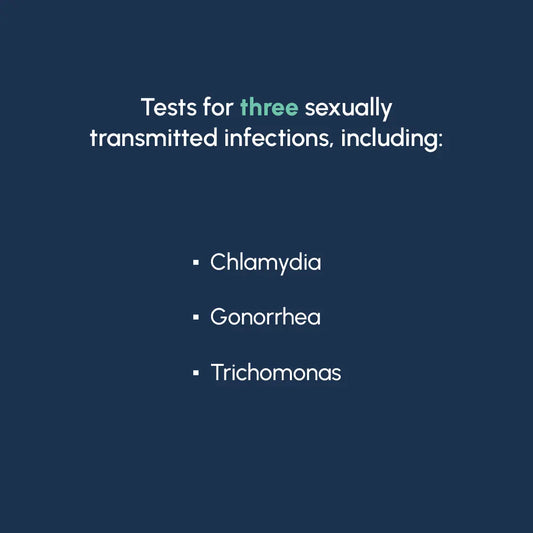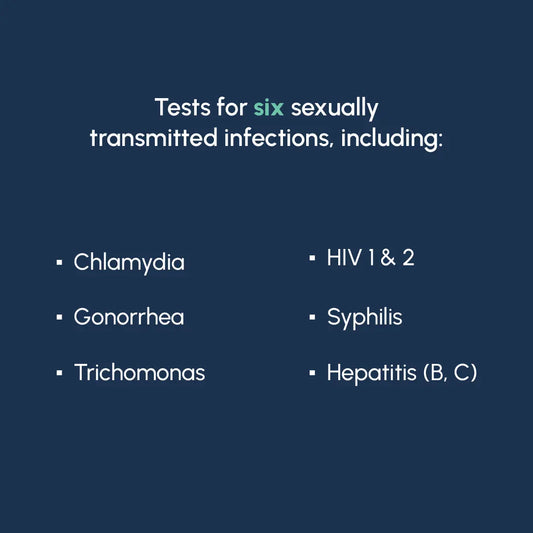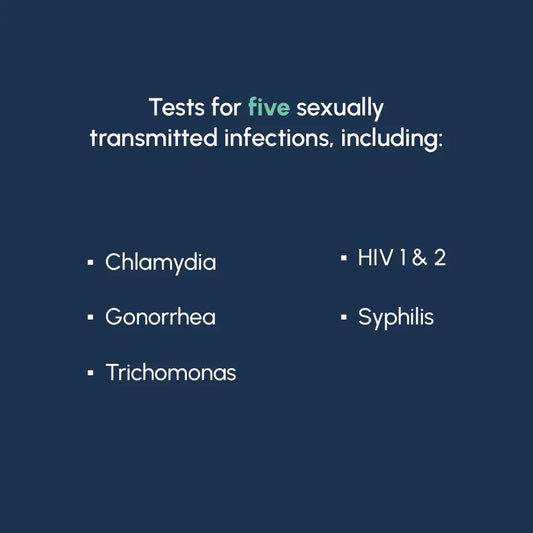Surge in Sexually Transmitted Infections: A Global Health Crisis

Surge in Sexually Transmitted Infections: A Global Health Crisis
Sexually transmitted infections (STIs) have seen a significant increase worldwide, posing a serious public health challenge. According to recent data, infections such as syphilis, gonorrhea, and chlamydia are rising at alarming rates, with significant implications for public health and global healthcare systems.
Rising Trends in STIs
The World Health Organization (WHO) reports that new syphilis cases among adults aged 15-49 increased by over one million in 2022, reaching a total of eight million. This surge was particularly notable in the Americas and Africa. Additionally, there were 230,000 syphilis-related deaths globally in 2022. The COVID-19 pandemic exacerbated this trend, with a surge in both adult and maternal syphilis, contributing to an increase in congenital syphilis cases (World Health Organization (WHO)) (UN News).
In the United States, the number of syphilis diagnoses rose by 28.6% and gonorrhea by 4.6% from 2019 to 2021. Similarly, Canada reported a 20% increase in syphilis cases over the same period (BMJ). These increases reflect not just improved testing but actual higher transmission rates, indicating a true rise in STI prevalence.
Challenges of Drug Resistance
One of the critical challenges in combating STIs is the increasing prevalence of drug-resistant strains. Multi-resistant gonorrhea has emerged as a significant concern, with resistance to ceftriaxone, the last line of treatment, reported in several countries. As of 2023, out of 87 countries surveyed, nine reported elevated levels of resistance (World Health Organization (WHO)) (BMJ).
Impact on HIV and Hepatitis
The rise in STIs is occurring alongside persistent challenges in controlling HIV and hepatitis. In 2022, there were roughly 1.2 million new hepatitis B cases and nearly one million new hepatitis C cases. HIV infections slightly declined from 1.5 million in 2020 to 1.3 million in 2022, but these numbers are still troubling. High-risk groups such as men who have sex with men, people who inject drugs, and sex workers continue to experience significantly higher rates of HIV (UN News).
Efforts and Progress
Despite these challenges, there has been progress in expanding services and access to treatment. WHO has validated 19 countries for eliminating mother-to-child transmission of HIV and/or syphilis, highlighting successful investments in testing and treatment coverage. Namibia is on track to become the first country evaluated for triple elimination of mother-to-child transmission of HIV, hepatitis B, and syphilis (UN News).
Conclusion
The rise in sexually transmitted infections, compounded by the challenges of drug resistance and persistent HIV and hepatitis infections, underscores the need for urgent and coordinated global health efforts. Public health authorities must enhance surveillance, expand access to diagnostics and treatment, and invest in education and prevention strategies to curb the spread of these infections.






